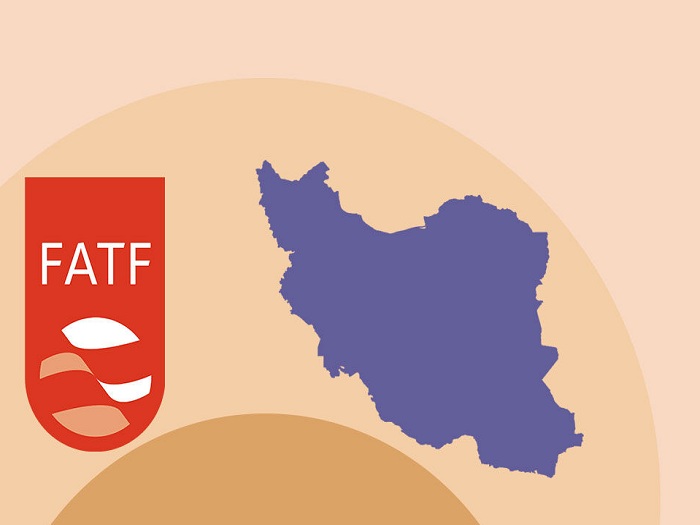New obstacles to Iran's economy with the non-approval of the FATF

Iran's economy is currently plagued by a number of problems that economists say require serious surgery to address.
According to the International Iranian Stone Exhibition, the Supreme Leader of the Revolution's agreement with the re-drafting of the so-called FATF bills in the Expediency Council created another opportunity for various criticisms and opinions about the benefits and harms of joining this global organization to be presented in the media. Opponents of the plan point mainly to the security risks of this international commitment, as well as to the ineffectiveness of passing the bills in resolving the country's economic woes. On the other hand, those in favor of Iran's joining the FATF emphasize that in order to develop the country's economy, it needs to interact with the world, and joining this organization is one of the requirements of this process.
"Ali Asghar Samiei Zafarghandi", an analyst of economic issues, emphasized that the country's economic problems will not be solved by solving only one case, and explained: "Iran's economy today, in addition to very severe sanctions, is struggling with many problems." Multipurpose currencies, inflation above 30%, high unemployment and official interest rates of around 20% are among the most important of these problems, and no country in the world can expect to move towards a healthy economy if only one of them is involved. Have developed.
He added: "In this situation, if we want to move towards development, we must know that by solving these problems, the general situation of the economy will not change." The current situation in Iran requires a comprehensive decision to address all of these problems by taking a comprehensive look at them together. In other words, we need a serious surgery in our economy, otherwise we will not be able to get out of this situation by focusing on these issues.
Explaining the position of the FATF issue in the country's economy, the foreign exchange market expert said: "If we describe the current state of the Iranian economy as a car that runs out of gas and can not buy gasoline, not joining the FATF is like saying now that this car can not It moves, so there is nothing wrong with puncturing its tires! While this view is fundamentally wrong, and those in charge of running the country should hope that in the future, it will be possible to inject gasoline into this car, and in order to be able to move on that day, we are obliged to use the tires of this car. Protect without moving.
Zafarghandi continued: "Therefore, among the many problems that the Iranian economy is facing, we should not allow a new problem to be added to it." These days, given the change of government in the United States, the possibility of lifting part or all of the sanctions and the return of the United States to the UN Security Council has been raised, the logical view is that we are prepared for that situation. However, by not approving the FATF in this situation, new problems will be placed in the way of the country's economy, and if the possibility of reducing sanctions is realized, then we will not be able to use the opportunity created.
The economic analyst stressed: "I look at the issue from an economic point of view, and I can not comment on the political issues surrounding Iran's accession to the FATF." Accordingly, as an economic activist, I believe that the Iranian economy needs to interact with the world and strengthen its economic relations with other international partners in order to grow and prosper. If we do not remove this barrier created by being blacklisted by the FATF, we will certainly face great difficulty in establishing such a relationship, even if sanctions are lifted.
In the end, he noted: "As I said, Iran's economy is currently facing many problems and we should not create new problems for Iran's economy with wrong decisions, instead of solving previous problems."
* IRNA










